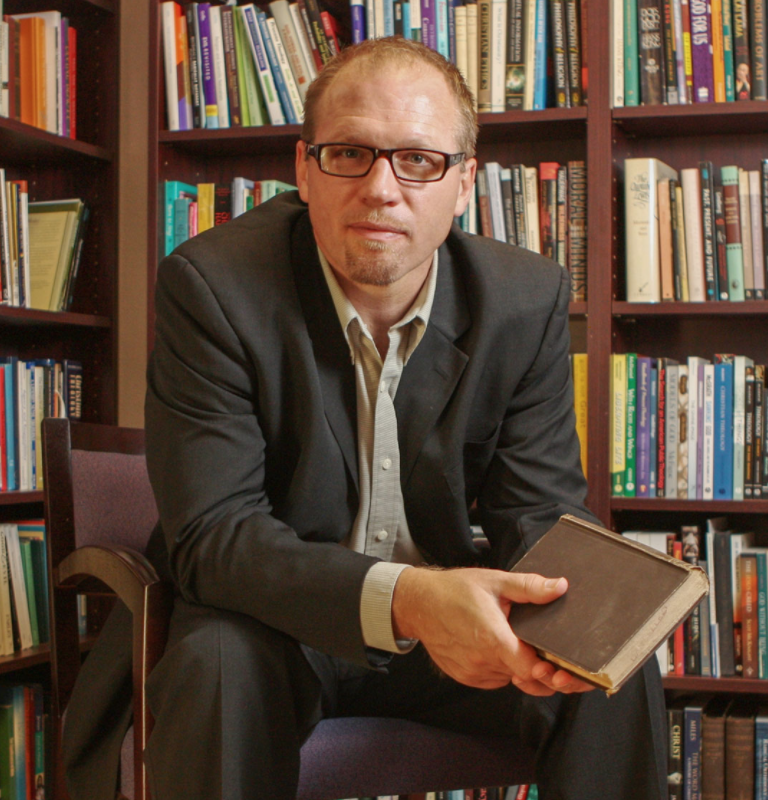We Can Lament and Explain

I disagree with NT Wright. And I don’t often do that.
In a recent Time article titled, “Christianity Offers No Answers About the Coronavirus. It’s Not Supposed To,” Wright makes some statements with which I can agree.
But I don’t agree with his main point.
I disagree with NT Wright. And I don’t often do that.
I Agree…
Wright begins his little essay by referring to the Christian practices of Lent. He rightly calls some explanations for God’s relation to the Coronavirus “silly.” He rejects the idea God is punishing us, warning us, or giving a sign by sending this pandemic.
I agree with Wright that God is not causing the pandemic for some higher purpose. We should not “explain” suffering as God orchestrated. The Coronavirus isn’t part of some divine blueprint.


Perhaps my favorite line is this: “Some Christians like to think of God as above all that, knowing everything, in charge of everything, calm and unaffected by the troubles in his world. That’s not the picture we get in the Bible.”
I couldn’t agree more!
Lament
Instead of searching for answers to God’s will and the Coronavirus (as I have offered in this essay), Wright says our response should be to lament. The essay’s final paragraph provides his central argument:
“It is no part of the Christian vocation, then, to be able to explain what’s happening and why. In fact, it is part of the Christian vocation not to be able to explain—and to lament instead. As the Spirit laments within us, so we become, even in our self-isolation, small shrines where the presence and healing love of God can dwell. And out of that there can emerge new possibilities, new acts of kindness, new scientific understanding, new hope.”
Do we have to choose between lament and explanation?
I agree lament can be a place “where the presence and healing love of God can dwell.” And from this place, I think new possibilities, acts of kindness, scientific understanding, and new hope can emerge. God can squeeze some good from lament.
But do we have to choose between lament and explanation?
I Disagree…
“Always be ready to give an account of the hope that is within you,” says the Apostle Peter (1 Pt. 3:15). I take this verse to mean we should seek explanations for what God might be doing during this pandemic. I find numerous biblical passages offering explanations of God’s action in response to suffering.
Most of the explanations I’m encountering today for what God is doing are “silly.” I don’t think God sends the Coronavirus to punish or teach us a lesson. God has not caused and is not allowing the virus to kill, harm, and cause havoc.
God is not in the evil business.
We should lament suffering in our world. But we can simultaneously seek answers to why God doesn’t prevent suffering in the first place!
But it is part of the Christian tradition to offer a plausible explanation to what’s happening. It’s part of being Christian to seek believable answers to the “why” questions. It’s part of being a Christian to give an account of the hope we have.
We should lament the suffering in our world. But we can simultaneously seek answers to why God doesn’t prevent suffering in the first place!
God’s Uncontrolling Love
The explanation I find most helpful to God’s relation to the pandemic says God is not in control. In fact, God can’t control. God is not to blame, because God is neither causing nor permitting the pandemic, as if God could stop it singlehandedly.
The pandemic solidifies in my mind our need to rethink God’s power in light of God’s love.
My reasoning rests on the logic of love. I think God loves everyone and everything. And God’s love is always uncontrolling. Consequently, God can’t control anyone or anything.
Not even God can stop the Coronavirus singlehandedly.
Instead of appeals to mystery or only lamenting the suffering we endure, Christians can say God suffers with us and cares for us. And God cannot singlehandedly prevent the Coronavirus as it wreaks havoc.
The God I am describing is not watching from a distance, eating popcorn. Instead, God actively fights against evil. But God needs cooperation from creatures and creation for love to win.
Not even God can stop the Coronavirus singlehandedly.
God empowers and inspires us to love during this crisis. Our decisions matter as we care for the hurting, maintain spatial distance, share with the needy, and help in whatever way necessary. We cannot win without God’s empowering love. But God needs our cooperation to overcome this evil.
More Questions?
I realize saying, “God can’t singlehandedly stop the Coronavirus” will raise questions. Many readers will be unfamiliar with the uncontrolling love of God view I’ve mentioned. I explain these ideas in greater detail elsewhere. I encourage those with questions to dive deeper.
Let me conclude with a summary.
I agree with Tom Wright on some things. The usual answers for why God doesn’t stop the Coronavirus are silly. Christians ought to embrace lament as we suffer the effects of the virus. And God suffers with us.
But unlike Wright, I think we should seek explanations for what God’s will is and what God’s doing. We ought to ask what God’s power must be like in light of God’s love.
We should admit God cannot prevent evil singlehandedly. But God is working against the Coronavirus. And God calls you, me, and all creation to overcome evil with love.
God is working against the Coronavirus. And God calls you, me, and all creation to overcome evil with love.
Visit Thomas Jay Oord’s website here.

